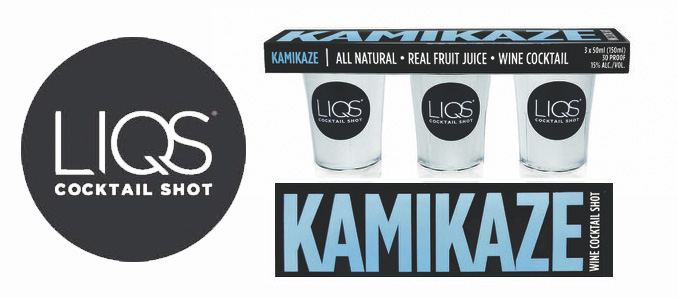Hospitality is known for being a vibrant, fast-paced sector. But while it has its perks, it can also be the perfect storm for accidents. With talks of the hospitality sector becoming increasingly short-staffed in areas of the UK, it’s more important than ever to keep these spaces risk-free from any accidents.
What are the most common risks and how can we reduce the likelihood of them happening?
Here are some of the most common risks that occur in the food and drink sector. The nature of the industry can mean that while things are moving quickly, hazards can crop up where you least expect them. If you ever experience an accident where the correct precautions haven’t been in place, you can always claim for compensation.
Slips trips and falls
Transitioning quickly from one place to another can be a minefield for hazards, especially when carrying hot food and drink. Make sure any routes in the workplace are clear and that any spillages have been mopped up. Hazard signs should also be used when necessary, as well as good lighting to clearly light up passages. Telling staff to wear sensible shoes should also be encouraged – not least to keep their feet comfortable for those long shifts!
Injury from manual handling
Working in hospitality can be heavy work, particularly if you need to transform a function room for a large event, for example. Lifting and moving chairs, tables and crockery can be physically tiring and while opening up the possibility for other hazards if things knock you or fall onto you. To minimise these risks, make sure any chairs aren’t stacked too high and ensure that your team knows how to lift safely. Anyone incapable of lifting heavier items should not be attempting this – if necessary, mechanical aids should be used.
Read Also: Turkish Tastes Expands Alongside Partners – F & B Magazine
Injuries resulting from fires or hot substances
Large, industrial kitchens can be dangerous places, with fires and other machinery making up a key proportion of hazards. Fire safety should be practiced, with flammable items being kept well away from any fire. Staff should also be especially careful when handling hot oil. Once the shift is over, everything should be unplugged and wiped down so that you can start afresh the next day.
Mental health problems
Hospitality is a customer-facing industry, making it very demanding. Occasionally some customers will act out of line, so it’s important to have the right support in place. This might mean having a senior staff member on-hand to support junior staff with difficult situations. An overall awareness of mental health and knowing how to support the team is crucial. Fostering a healthy, open line of communication between senior and junior staff is key. On top of this, staff should feel comfortable asking for time off if needed.







